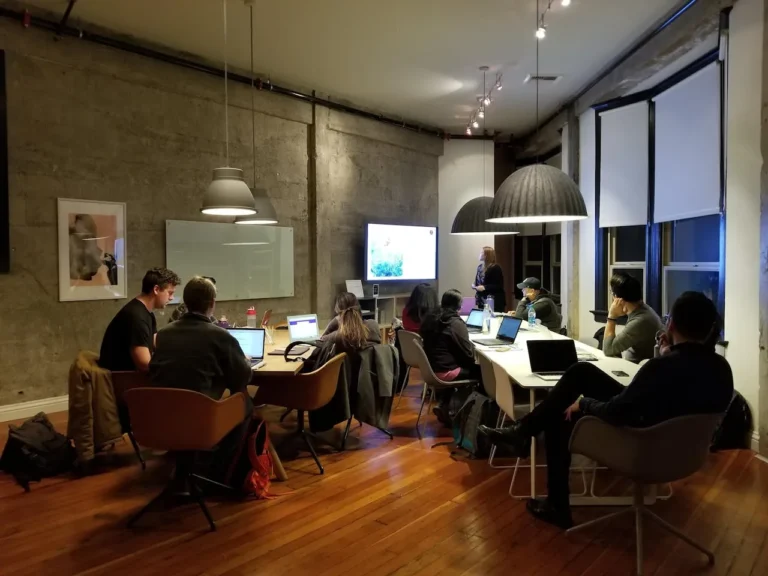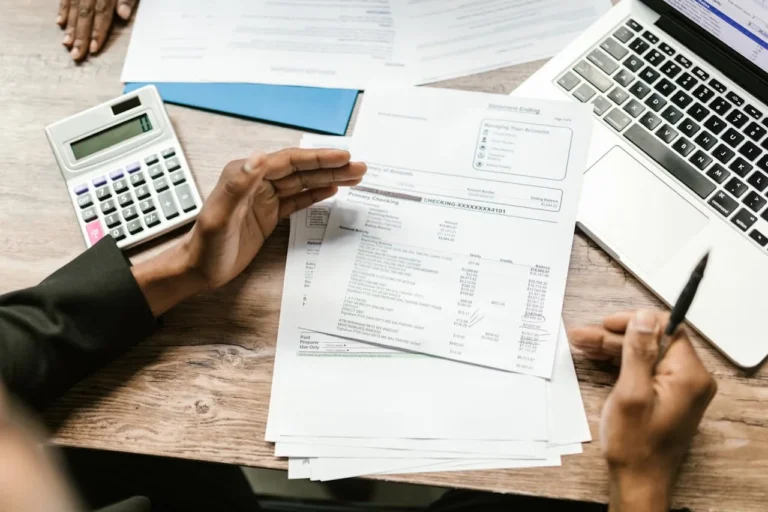Inflation is a sneaky process, in which the purchasing power of money is slowly destroyed. When your purchasing power is lower, i.e., the top line from an economic perspective in order to grow assets more rapidly than inflation is accepted to agree to. Putting your money to work is no longer enough, it must generate more. Just see how you can avoid inflation and secure your finances in the long run.
Understand the Impact of Inflation
Inflation is annual rise of product and service price.
Example: The price increase is ₹1,060 in one year at an annual inflation rate of 6% if the price is ₹1,000 today.
Why It Matters:
In the case of a low-interest account the fixed savings are reduced with a time.
Hypothetical costs (living, education, pension, in the real world are less definite in practice unless deliberately anticipated.
Invest, Don’t Just Save
Most routine savings accounts have a much lower rate of return (if not loss) compared to, or even worse than, the rate of inflation. To grow wealth, you need investments offering higher returns.
Options to Consider:
Equity Mutual Funds: In general, classic equity has shown superior long-term performance, on average, then inflation.
Fixed-Income Investments: Choose instruments, such as debt investment funds or government bonds, whose returns and risk are both low.
Real Estate: Examples of real estate, although, commodities typically increase in price over time, so properties are a good hedge against inflation.
Diversify Your Portfolio
Asset class specialization can cause risk and limit potential growth. A well-diversified portfolio balances risk and reward.
Asset Allocation:

Equities for growth.
Fixed-income securities for stability.
Gold or commodities for diversification.
Pro Tip: Adapt your portfolio for risk appetite and financial objectives.
Invest in Inflation-Protected Securities
Policy measures, like those in the form of Treasury Inflation-Protected securities (TIPS) that are available in the international market or inflation-indexed bonds in India, are being used to restrict inflation.
Your buying power will be guaranteed as the securities will recalibrate its payoff in line with the rate of inflation.
Leverage Compounding
Compounding is a significant procedure to quickly amplify your capital. The earlier you start, the greater the impact.
Example: The starting capital of ₹10,000 interest at an interest rate of 10% per annum for 20 years is equivalent to 67,000.
Action: Design a Systematic Investment Plan (SIP) for mutual funds in order to make regular investments and utilize the compounding effect.
Optimize Tax Efficiency
Inflation could be experienced more acutely if your benefit is capped (or eaten up) by taxes. Optimize your investments to reduce tax liabilities.

Tax-Saving Options:
Equity-Linked Savings Schemes (ELSS)
Public Provident Fund (PPF)
Indexation Benefits: Indexation benefit along with debt funds are presented to reduce the long-term capital income tax liabilities.
Keep Up with Rising Expenses
It is also necessary to review and adjust your financial plan in response to inflation on a regular basis.
Example: With present monthly expenses of ₹40,000 and 6% inflation, the equivalent need for 12 years to maintain a given lifestyle would be around ₹80,000.
Action: Increase your savings and investment contributions accordingly.
Focus on Long-Term Growth
Short-term market changes may turn off investors but, for inflation control, a long-term perspective is required.
Equities: Historically has been outperformed in benchmark returns for 7–10 year periods and longer than inflation.
Reinvestment: Reinvest dividends and interest for compounding benefits.
Invest in Yourself
On the one hand, as you become more proficient and engaged in your profession, your savings can be viewed as a net, probably offering some protection against inflation, and perhaps even against growth.

Upskill Regularly: Get new skills or earn certifications, which will lead to increased employability.
Side Income: Explore additional income sources like freelancing or consulting.
Avoid Keeping Idle Cash
There is no point to holding discrete cash to hand or in checking accounts.
Solution:
Keep only 1–2 months of expenses as cash.
Invest surplus funds in high-return instruments.
Conclusion
In order to deal with the inflation, an anticipatory account policy must be established. By using smart investing, portfolio re-diversification and programmatic methods such as compounding and real-valued assets, your funds may be able to actually grow more than the cost of living.
The most important thing from the onset is to begin early and to continue to do so and to make good decisions. In the end, the more time you stand around, the more difficult it is for your purchasing power to close the gap with inflation. Be the type of leader now, the type of leader who can build a financially sound and successful future.







